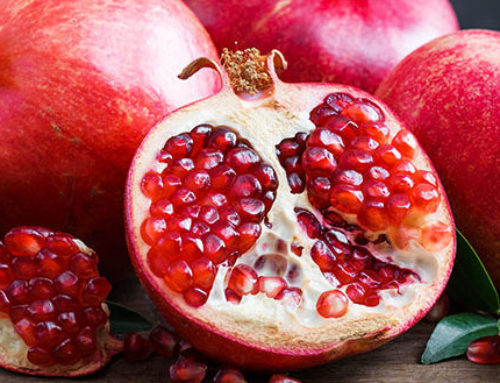
If aching knees, stiff shoulders, and other painful joints are something you regularly experience, you’re not the only one. According to researchers from the U.S. Centers for Disease Control and Prevention (CDC), over 14 million people in 2014 said they suffer from severe joint pain, commonly caused by inflammation in the body. Remedies include regular exercise and supplements, but what you eat may also help.
- Turmeric – The health benefits of turmeric—the yellow spice that flavors curries—are vast. Curcumin, a compound found in turmeric, has been shown to have a positive impact on inflammation. One University of Arizona study found that the curcumin can help protect against joint deterioration and inflammation caused by rheumatoid arthritis. Another study researched how well ibuprofen eased pain over curcumin and found that the benefits were about the same for both.
- Tart cherries– Some people with arthritis have found relief from products made from tart cherries. The ingredient in cherries that helps with joint symptoms is the same one that gives this fruit its red color—anthocyanin. A 2013 study published in Osteoarthritis and Cartilage found that subjects who drank tart cherry juice had improvements in the pain and stiffness of OA.
- Fatty fish – Fatty fish like salmon, tuna, trout and mackerel are rich in omega-3 fatty acids, which help fight inflammation. Try adding fish to your diet a couple of times a week. If you’re not a big fan of fish, ask your doctor about taking an omega-3 supplement.
- Kale – These greens are rich in Vitamin C and manganese for pain management and tissue repair. They also contain copper that helps build collagen for cartilage and ligaments. In fact, most leafy greens help ease joint pain. They supply water to keep joints and muscles hydrated.They are also full of antioxidants and contain anti-inflammatory properties.
- Nuts – Nuts are loaded with healthy fats and antioxidants that help the body fight off and repair damage caused by inflammation. A study published in the American Journal of Clinical Nutritionfound that over a 15-year period, those who consumed the most nuts had a 51% lower risk of dying from an inflammatory disease compared to participants who ate the fewest nuts.




